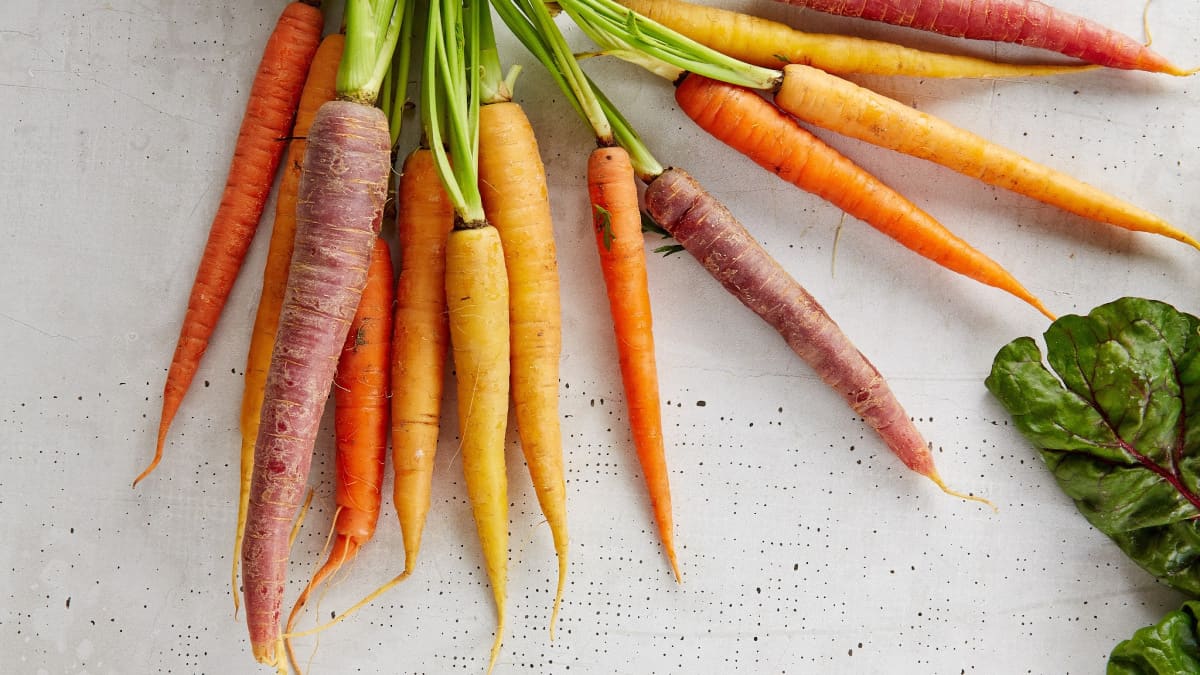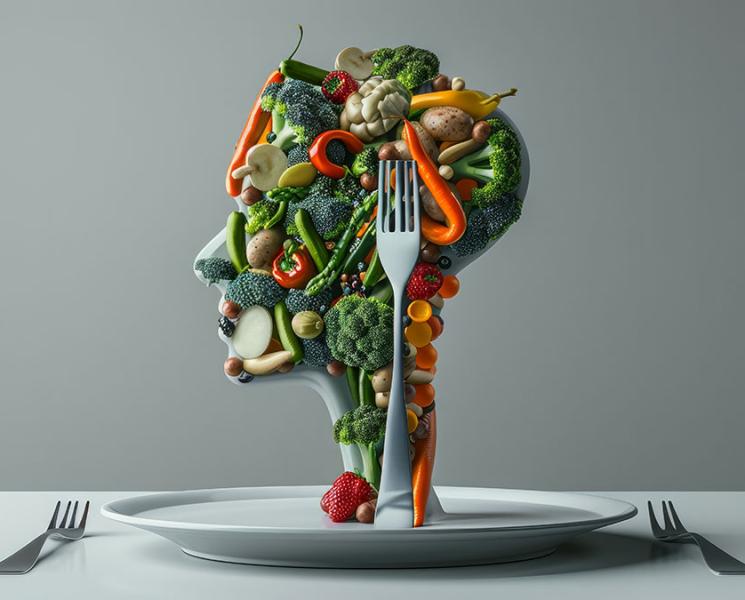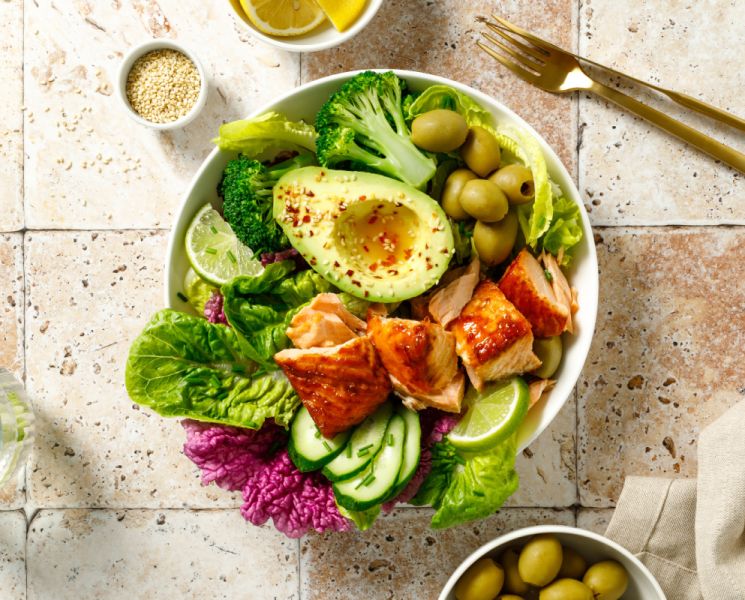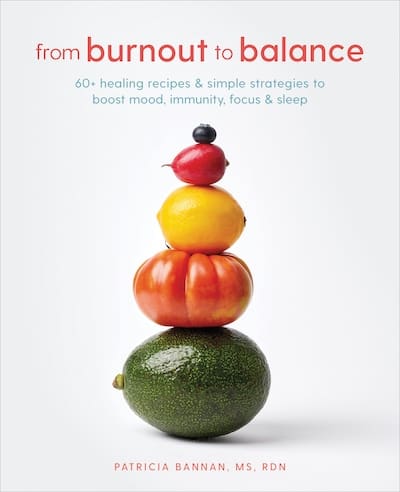With the cold weather comes the threat of sickness, which means it’s the perfect time to load up on these five immune-boosting vitamins and minerals and fight off colds once and for all.
While vitamin C may be the poster child nutrient for immunity, there are many other immune-boosting vitamins and minerals that are just as important in keeping illness at bay. Here are five other key nutrients that can help keep your body healthy, and the tasty foods you can find them in.
Immune-Boosting Vitamins
Vitamin E
Much like vitamin C, vitamin E acts as an antioxidant in the body, which is powerful in helping you fight off infection, as well as potentially help reduce the risk for certain types of chronic disease and cancer. Vitamin E is a fat-soluble vitamin, meaning it requires the presence of fat to help the body absorb it better. This is why eating combinations of foods together, rather than in pill form, is optimal for your body!
Vitamin E can be found in a variety of healthy fat sources including sunflower seeds, hazelnuts, peanuts, and almonds, as well as certain fruits and vegetables such as broccoli, spinach, kiwi, and mango.
For a refreshing breakfast or snack, try this Mango Kiwi Kefir Lime Smoothie.
Vitamin A
Another antioxidant, vitamin A is an immune-boosting vitamin that also plays a role in both eye and bone health, and may help protect against bladder, breast, and lung cancer. It’s also a fat-soluble vitamin that can be found in egg yolks, salmon, trout, mackerel, and beef liver.
The precursor to vitamin A, known most commonly as beta-carotene, is converted to vitamin A in the body. Ever heard that eating too many carrots can turn your skin orange? Beta-carotene is the one to blame! It can be found in many fruits and vegetables such as sweet potatoes, carrots, pumpkin, leafy greens, and butternut squash.
Get your leafy greens along with an array of nutrient-packed veggies in this Rainbow Salad with Toasted Pistachio Citrus Vinaigrette.
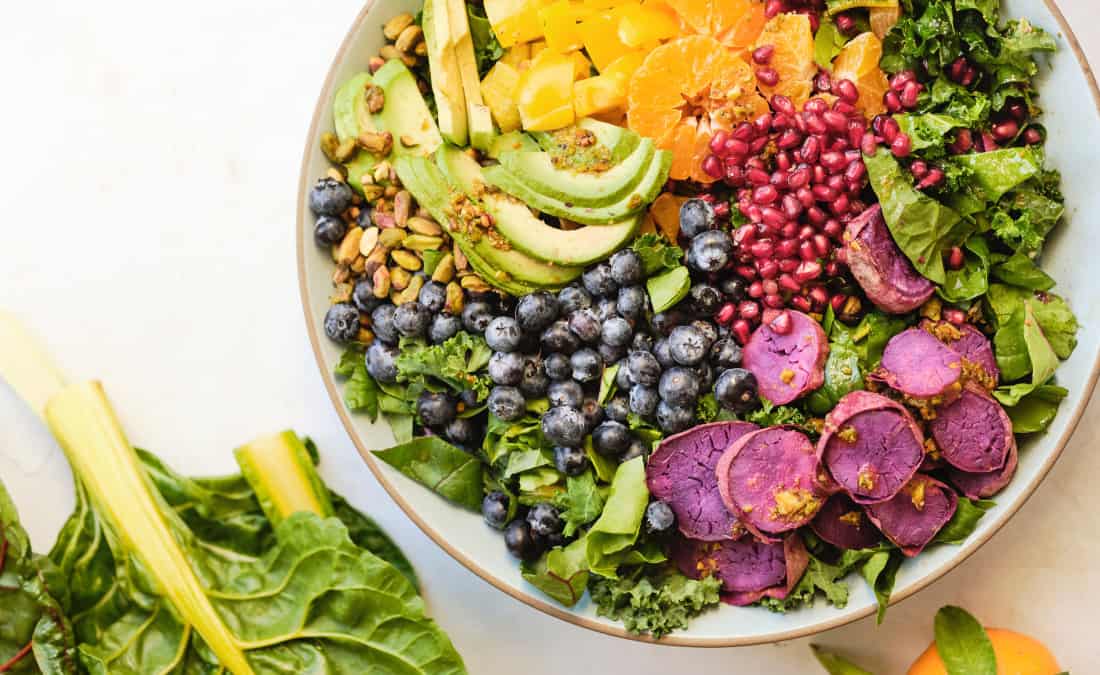
Vitamin D
Also known as the sunshine vitamin, vitamin D can shed some light on fighting off the winter blues and illness. Your body naturally produces vitamin D when your skin is exposed to sunlight, but during winter, sunny days can be shorter, or even non-existent. Vitamin D is a fat-soluble vitamin that helps boost immunity and is crucial in the growth and development of bones and teeth. It can also help reduce the risk of depression and certain types of diseases.
When the opportunity for getting sunshine on your skin isn’t possible, there are some food sources of vitamin D you can add to your diet to give an immune system boost as well. These include salmon, sardines, egg yolks, shrimp, and fortified dairy products, cereals, and juices.
For a tasty dose of vitamin D, try this Pan-Seared Salmon on Arugula Salad with Tahini-Citrus Dressing.
Immune-Boosting Minerals
Iron
An iron deficiency, or iron-deficiency anemia, can do more than make you sluggish. It can also lower your immunity. Iron is an essential mineral responsible for many different functions in the body, such as transporting oxygen to your cells, maintaining healthy hair, skin, nails, brain function, and of course, immunity.
Iron can be found in many food sources, including shellfish, beef, turkey, tofu, spinach, pumpkin seeds, broccoli, quinoa, legumes, and even dark chocolate. Iron from animal sources (heme iron) is absorbed by the body more easily than the iron found in plant sources (non-heme iron). Pairing plant sources of iron with vitamin C can help increase absorption as well. Vitamins and minerals like working together, not in isolation. Keep this in mind at mealtimes and make your plate colorful and diverse.
These Red Chile and Cheese Stuffed Turkey Burgers are sure to please the whole family.
Zinc
Another essential mineral, zinc, is a crucial nutrient when it comes to immune cell function, wound healing, and reducing inflammation. It’s found in a number of food sources including shellfish, fish, poultry, legumes, nuts, seeds, dairy, eggs, oats, quinoa, and fortified cereals and flours. Much like iron, zinc from animal-based sources is more easily absorbed by the body in comparison to plant-based sources. Including both animal and plant sources of zinc can help assure that adequate amounts of this mineral, as well as other immune-boosting vitamins and minerals like vitamin C, E, and D, are present in the diet.
For more immune-boosters, check out these 7 Surprising Foods to Combat Colds.
Which nutrient on this list surprised you the most?

